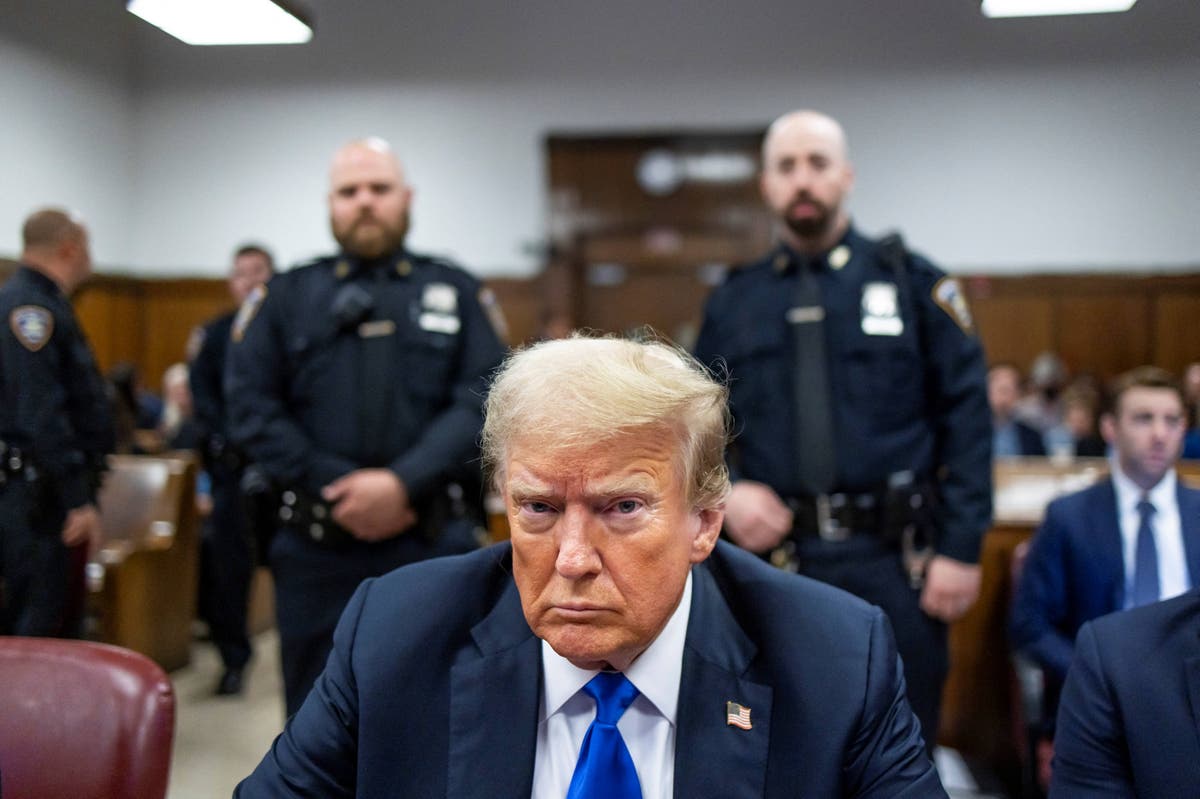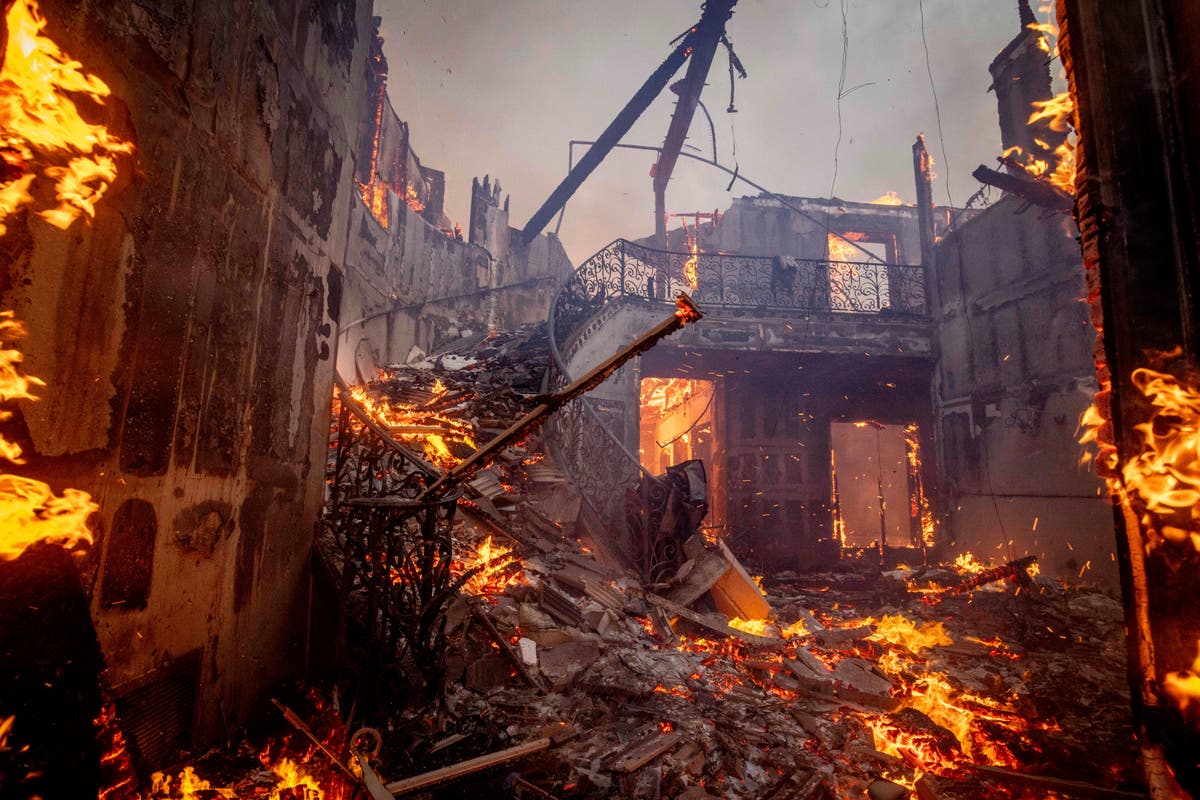Ukrainian President Volodymyr Zelensky reported significant battlefield losses for Russian and North Korean forces near the village of Makhnovka in Russia's Kursk region. Estimates place approximately 11,000 North Korean troops stationed in the region, a deployment that has coincided with Ukrainian gains following a cross-border incursion in August. Zelensky's statement detailed losses amounting to a battalion of North Korean infantry soldiers and Russian paratroopers.
Meanwhile, Russia retaliated, condemning a drone strike that killed a Russian reporter in eastern Ukraine as a "deliberate murder." The Russian Foreign Ministry spokesperson, Maria Zakharova, characterized the event as a further escalation in President Zelensky's alleged "terrorist methods." This follows a recent count of at least 15 journalists killed since the start of Russia's full-scale invasion in 2022.
Beyond the immediate conflict, Ukrainian forces continue to face sustained Russian attacks. Recent reports indicate heightened Russian activity near Pokrovsk, a strategic road and rail hub in eastern Ukraine. These attacks aim to cut off supply routes, while Russian forces are gradually but relentlessly pushing into the border region of Kursk. This persistent pressure underscores the ongoing conflict's strategic importance and challenges for Ukraine.
The situation in Sumy region also highlighted the continued intensity of the conflict. A Russian guided bomb attack there resulted in injuries, including two children. This further underlines the human cost of the ongoing conflict and the widespread impact on civilian populations.
The escalating conflict brings forth various interconnected challenges, including the ongoing safety of journalists and the broader implications of Russia's military strategy. While the deployment of North Korean troops, and their subsequent losses, warrants attention, the broader context involves persistent attacks, escalating tensions, and the overall struggle for control in Ukraine's east.







